Remember, Remember the False Flag of November
Was Guy Fawkes part of an early setup by the security services?
Remember, remember the 5th of November,
Gunpowder, treason and plot.
I see no reason
Why gunpowder treason
Should ever be forgot.
Firstly, apologies that this post is a day late - I was attending a bonfire night ceremony to remind me not to ever challenge the establishment!
The story of Guy (Guido) Fawkes is one that every British schoolchild learns and celebrates by burning a guy on the bonfire. Alongside the fireworks and candyfloss we cheer as the representation of Guy Fawkes goes up in flames, thrown on to a huge bonfire. The early meaning of this annual commemoration is clear - Catholic plotters will be burned alive (although he was hanged drawn and quartered), don’t ever attempt to do this again.
The official story is that due to anti-Catholic sentiment in England, a group of Catholics tried to blow up King James I (James VI of Scotland) in the House of Lords during the opening of Parliament. It was hoped that, with the King dead, his Catholic daughter would inherit the Crown and England would become a Catholic country once more. At the last minute, Guy Fawkes was discovered and the plot halted.
However, is the true story an early example of a false flag event? As I detail some of the events that took place, you may notice that there are often parallels with modern day disasters that have been claimed to be false flags.
I think it was David Icke who came up with the Problem - Reaction - Solution theory, in which a government manipulates its citizens by solving a problem it had created itself in the first place. Setting Mr. Icke aside, this theory is a good way to analyse an event to see if the whole story is being told. In this case it could be argued: Problem = Catholic power on the rise - Reaction = Assassination attempt - Solution = Harsher treatment on Catholics to keep the citizens and country safe.
Henry VIII & Catherine of Aragon
The Gunpowder Plot story began with Henry VIII. This infamous playboy King was brought up as a devout Catholic but this all changed during his marriage to his first wife, Catherine of Aragon. After she failed to produce an heir to the throne, Henry lost interest with her and turned his attention to Anne Boleyn. After finding out Anne was pregnant, Henry arranged a secret wedding and asked Pope Clement VII to dissolve his marriage to Catherine.
Anne Boleyn
The Holy Roman Emperor at the time, Charles V, whispered into the Pope’s ear and Henry’s request was refused. The reason Charles wanted Catherine to remain Queen was that she was his Aunt. Henry ignored the Pope, married Anne anyway and was excommunicated from the Catholic Church. In retaliation, Henry removed the Pope’s religious authority in England by making himself the head of the Church of England. This was known as the English Reformation and ultimately led to Guy Fawkes’ demise.
James I
When Henry’s daughter, Elizabeth I came to the throne, there were many Catholic plots against her, often led by Mary, Queen of Scots, her cousin. This resulted in Catholics being increasingly persecuted. However, when James I took over from Elizabeth, he promised to be a more tolerant King due to his mother (Mary, Queen of Scots) and his wife being Catholic.
Robert Cecil
Many weren’t happy with this new tolerance and were fearful that England may return to the fold of the Catholic church. One of those people was the first Earl of Salisbury, Robert Cecil (cousin to the philosopher, Francis Bacon). His Father, William Cecil had been chief adviser to Queen Elizabeth I and so had had first hand experience of the many Catholic plots against her. Robert had therefore been brought up despising Catholics and was fearful that other European Catholic nations were plotting to return Catholicism to England.
Robert Cecil became adviser to James I and became chief spymaster for the Crown. The Cecils were known for provoking conspiracies and instigating propaganda against the Catholics. Did Robert create an early false flag event to turnaround the King’s tolerance towards the Catholics which was becoming a serious potential threat in the eyes of many?
The only reason the Gunpowder Plot was discovered is because a letter was sent to Lord Monteagle, warning him not to attend the opening of Parliament, which was subsequently given to Cecil.
My lord, out of the love I have for some of your friends, I want to make sure you are safe. Because of this I would advise you to not attend this sitting of parliament because God and man have agreed to punish the wickedness of this time. Do not think this is a joke, go to your estate in the country where you will be safe, because although there is no sign of any problem yet, this parliament will receive a terrible blow, but they will not see who it is that hurts them. This advice should not be ignored as it may do you some good, and it can do you no harm because the danger will have passed as soon as you have burned this letter. I hope God grants you the grace to make good use of it, and that he protects you.
Now, I will list the oddities that point to Cecil having coordinated a False Flag event to achieve his desire of renewed hostilities towards the Catholics:
The cellar under the Houses of Parliament, in which the gunpowder had been placed, had been rented from a man called John Whynniard. John was Cecil’s friend and died shortly after the plot had been discovered;
Monteagle arranged a meal with friends in a disused house. A servant was handed the letter by a stranger in the road. Instead of reading it himself, Monteagle ordered it to be read out loud to everyone in the room. Was this done in order to get as many witnesses to the event as possible?
The letter to Monteagle, written by his cousin, Francis Tresham, had been received on 26th October and immediately given to Cecil. Why did he wait nine days, until the final minutes of the plot, to “discover” it? Did waiting until the last minute make it seem more dramatic and enhance the desired effects?
After the discovery of the plot, Tresham was arrested and locked in the Tower of London but was found poisoned in December;
Fawkes was discovered ready to light the fuse at around midnight on 4 November. Nobody would have been in the Houses of Parliament at that time so why was he about to light the fuse?
Strangely, only hours earlier, a search had been made and Fawkes had been discovered. However, no gunpowder was detected and he was released;
Fawkes, under torture gave the names of some of the other plotters. Thomas Percy had organised the plot with the help of Robert Catesby. However, by the time Fawkes had given up their names, the house in which they were hiding had already been surrounded;
Percy and Catesby were killed by the same musket ball and the soldier who fired it retired soon afterwards on a large pension.
So was it a combination of excellent detective skills combined with luck that allowed Cecil to discover the plot at the 11th hour, making him the hero of the day? Or had he learnt of the plot earlier than claimed and let things continue to further his agenda? But there is a lot of evidence to suggest that he went further than that and actually staged the whole false flag event himself.
Whichever scenario is correct, Cecil got what he wanted and the harsh treatment of Catholics continued for another 200 years. Furthermore, every year, in dramatic fashion, a huge bonfire was lit reminding Catholics that they weren’t welcome and not to try to regain power.
If the plot hadn’t been discovered in time, I’m sure Guy Fawkes’ passport would have remained intact after the explosion, allowing the authorities to identify him anyway.
Ironically, many think that the group that have now hijacked Guido’s face is actually called CIAnonymous.




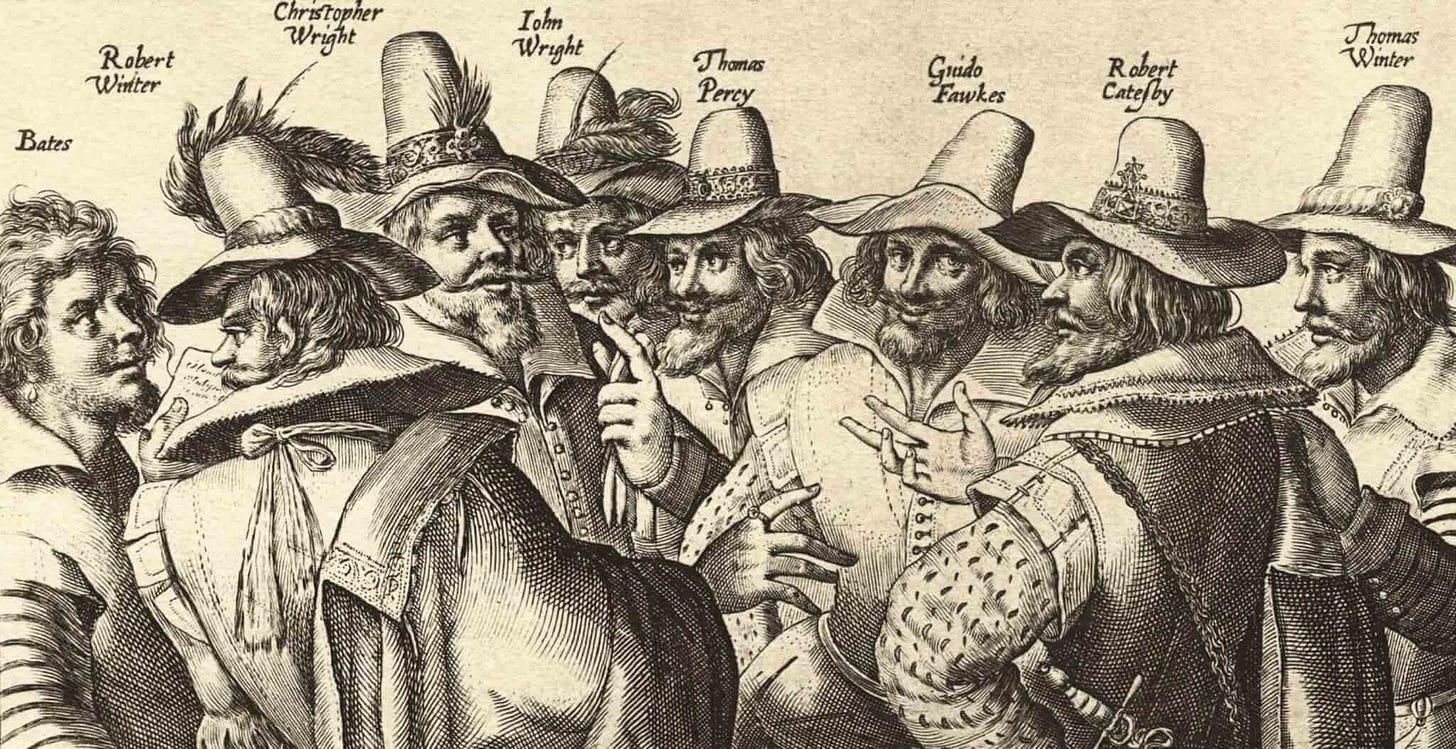
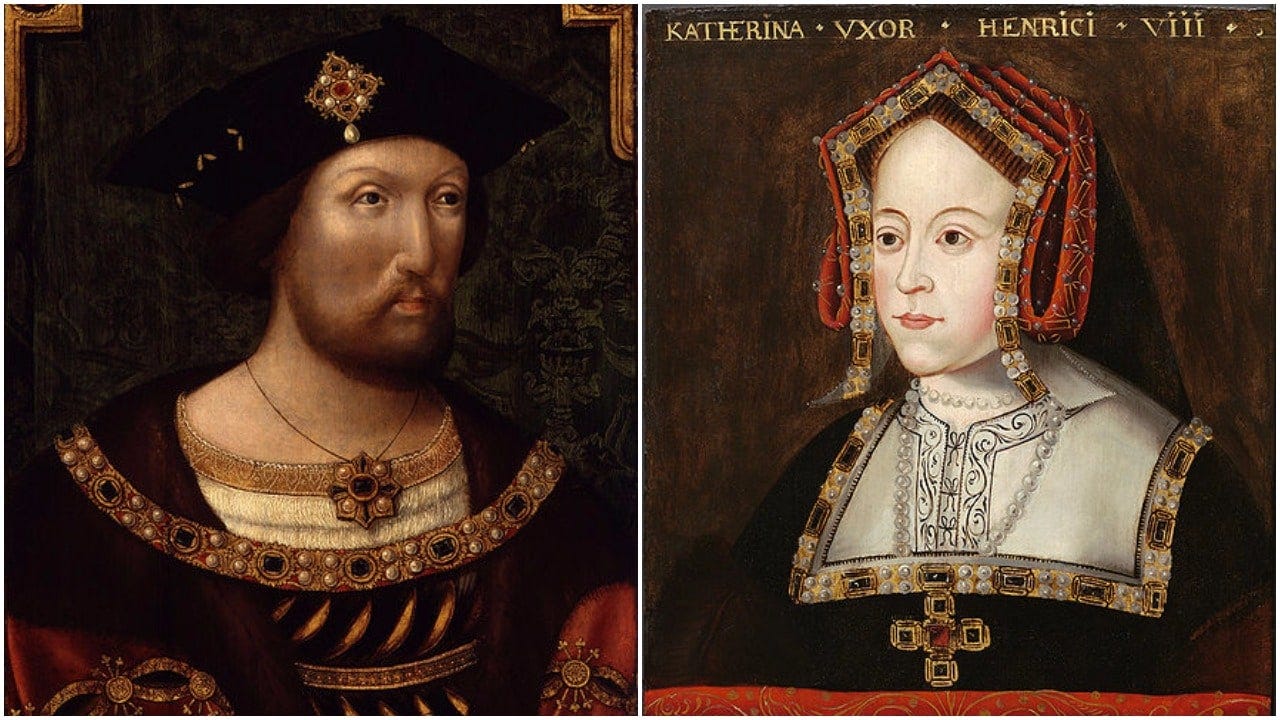
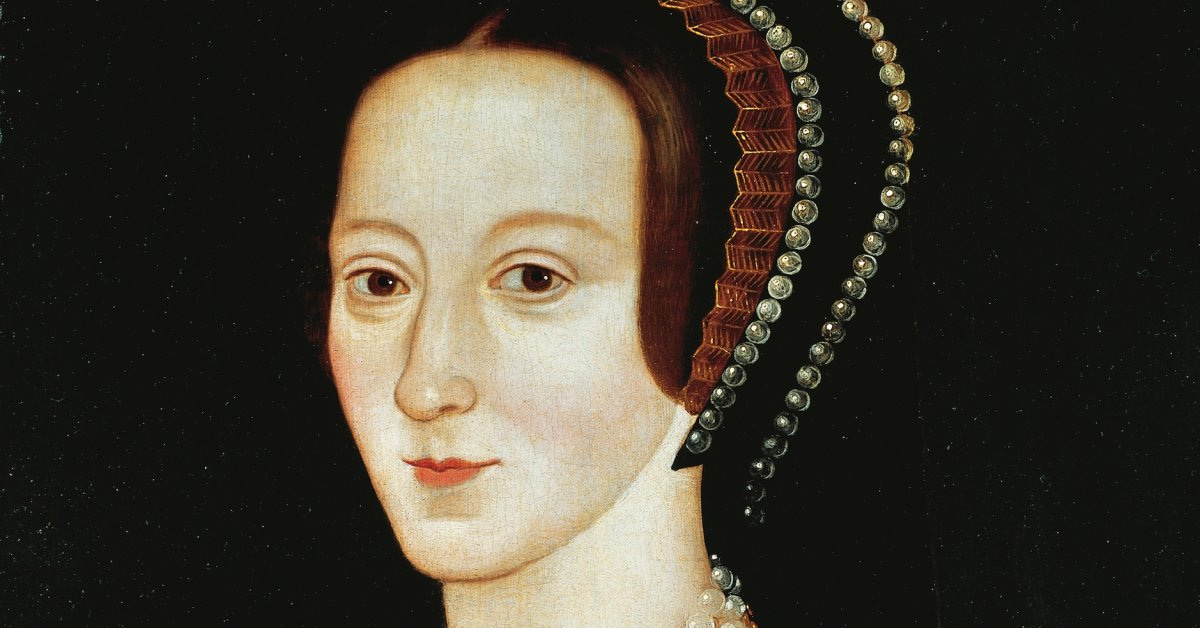
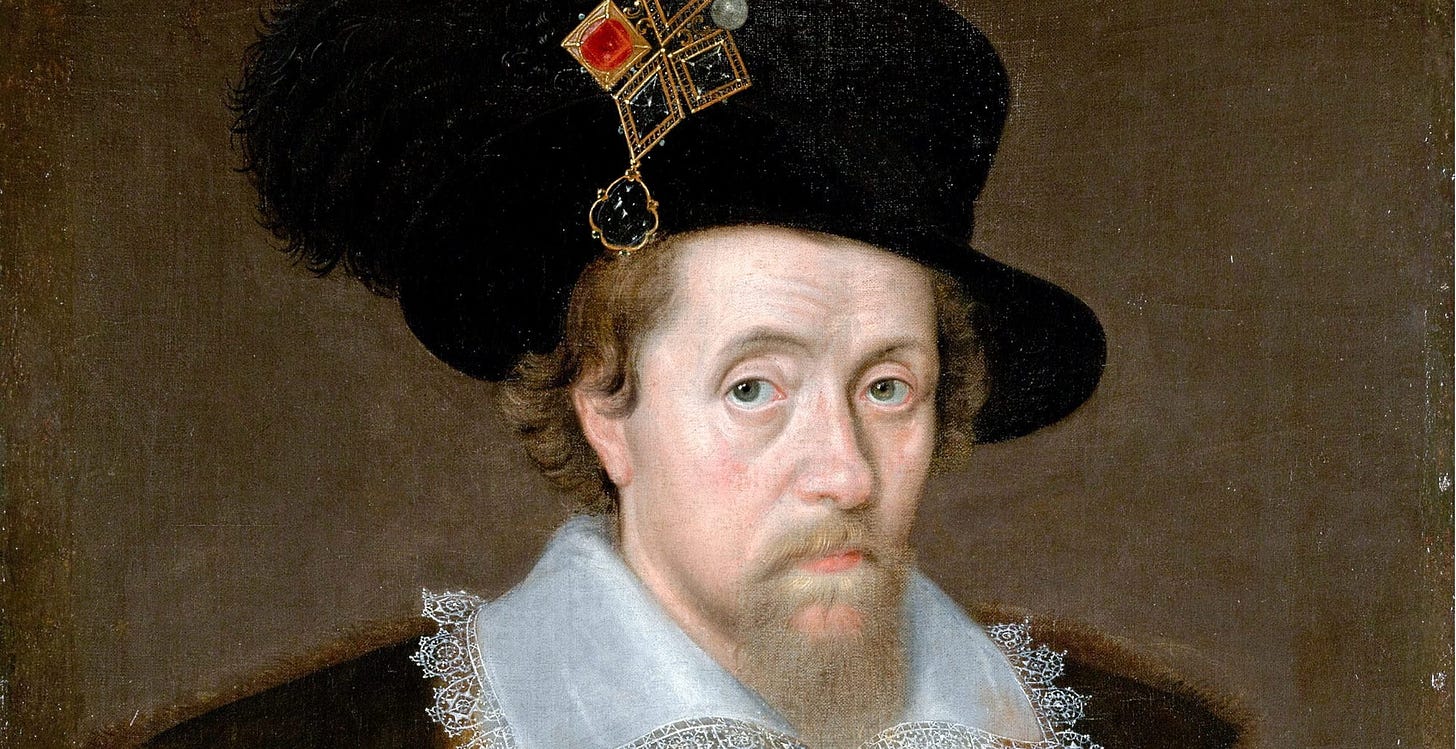
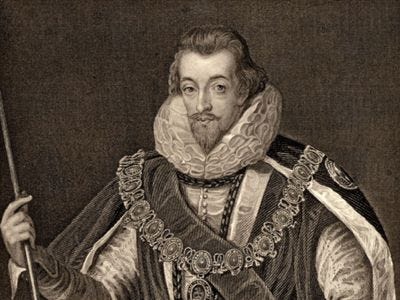


Apparently this was an open secret at the time. European ambassadors to the Court of St James joked that Lord Cecil was extremely good at ‘discovering his own plots’.
Father John Gerard, a Jesuit priest writing at the time had this to say:
‘…when we examine into the details supplied to us as to the progress of the affair, we find that much of what the conspirators are said to have done is well-nigh incredible, while it is utterly impossible that if they really acted in the manner described, the public authorities should not have had full knowledge of their proceedings.’
This is an excellent, free book on the subject written a 19th century historian who rejected the official narrative:
https://www.gutenberg.org/ebooks/34807
Great retelling and re-sleuthing of a story that has fascinated me since November 5, 1993. That was the day I arrived in London on the first of what would be many trips to England in the years that followed. I fought jet lag as long as I could and retired early that evening. I had never heard of Guy Fawkes or Bonfire night. That soon changed.
From a sound sleep I thought the Battle of Britain had resumed at around midnight. Ever since then I have been fascinated with the story of Mr. Fawkes. It had never occurred to me, until now, that it could have been a false flag event, a Reichstag moment. But times have changed, and so has my sensibility for what governments and those in power are capable of. My rebooted intuition tells my your Mr. Fawkes was likely innocent. There are many such stories in history, many coming to “light” in our day.